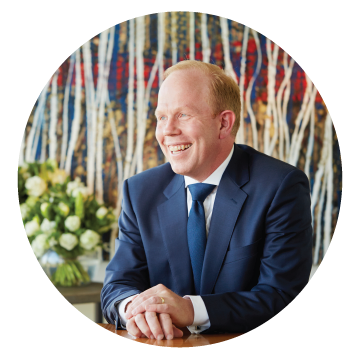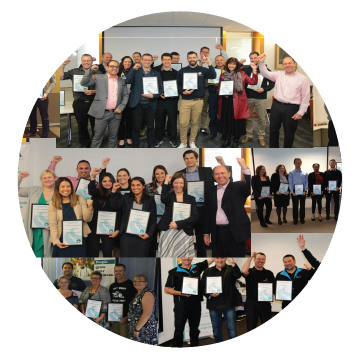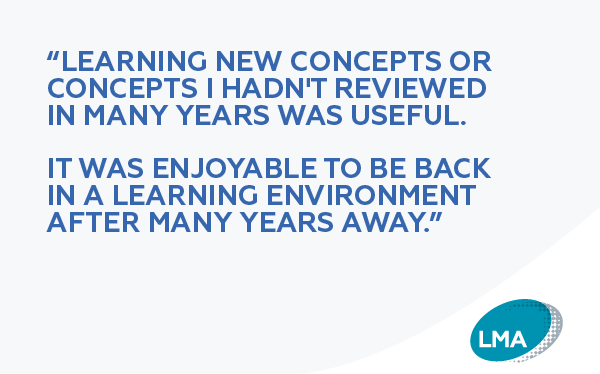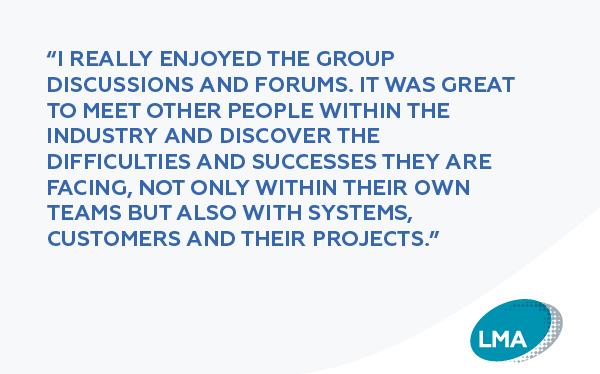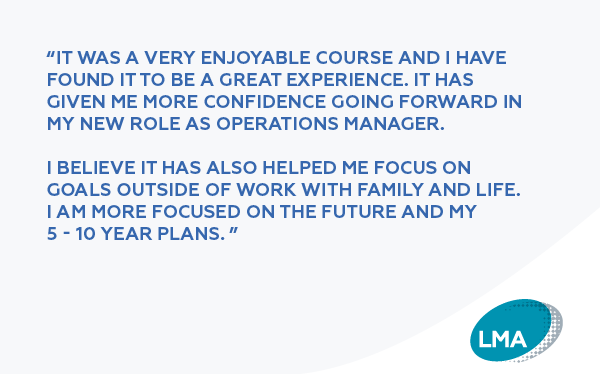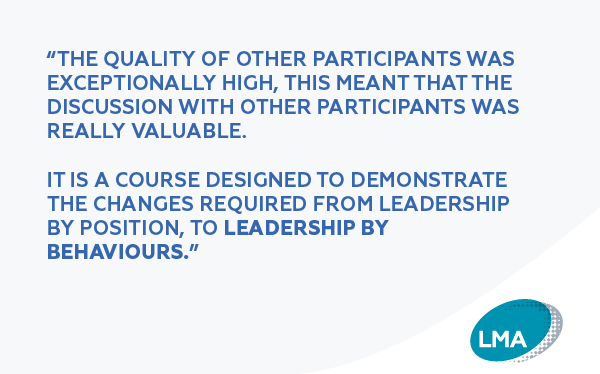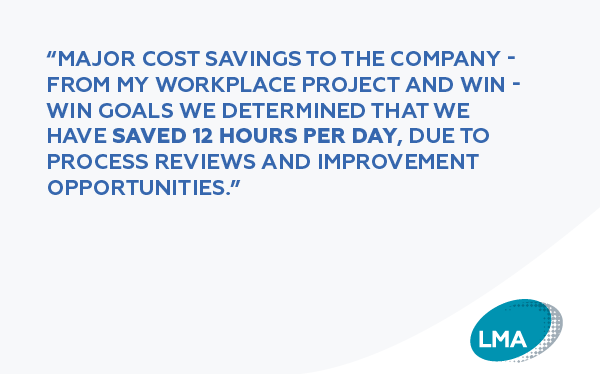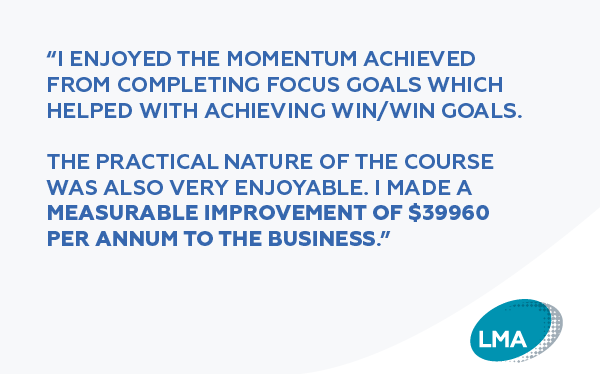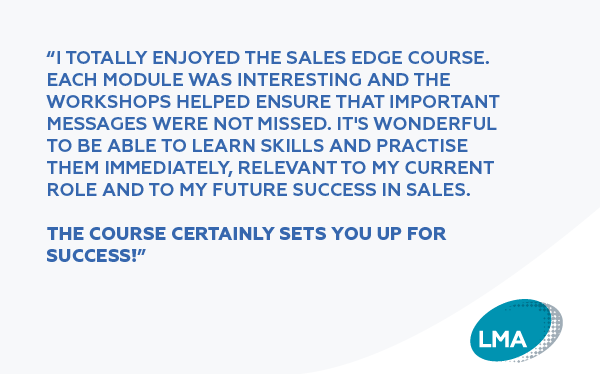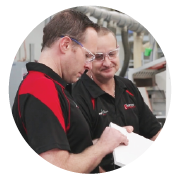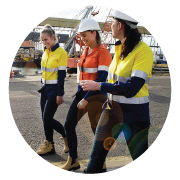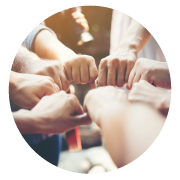To obtain, and maintain, a job in any field, you need a solid repertoire of technical skills. Doctors need to know how to accurately diagnose and treat disease. Carpenters need to know how to use a hammer. Accountants need to be adept with numbers.
However, beyond these technical skills, what do these or other professions really do? What keeps their clients and customers coming back to them time and again for their expertise and skill?
For certain, loyal clients and customers are thinking about the quality of the work these professionals are able to produce. Beyond that, there is another set of qualities that will continue to build and maintain professional relationships for years to come. Within these professions, and indeed all lines of work, it’s the soft skills that matter.
While your technical skill and prowess may set you up as an individual or a business, your people and personal skills are what most people will remember you for. Your attitude, your ability to communicate effectively, your emotional intelligence, along with a host of other attributes can be the things that really separates you from others in your chosen line of business or career.
According to the recent Deloitte Access Economics report, ‘Soft skills for business success’, soft skill intensive occupations will account for two-thirds of all jobs by 2030, compared to half of all jobs in 2000. [1] In fact, ten out of the sixteen ‘crucial proficiencies in the 21st century’ identified by the World Economic Forum are non-technical. In an increasingly competitive and global economy, these skills are so crucial they can be the deciding factor between success or failure.
Before we delve any further, what are we talking about when we say ‘soft skills’?
The phrase is often used to describe the skills which characterise relationships with other people and how you approach your life and your work. Often phrased as ‘people skills’ or ‘interpersonal skills’ elements of soft skills include communication skills (now seen as essential for each and every profession), decision making skills, self-motivation, leadership and team-building skills, problem-solving and time management skills. While this is by no means an exhaustive list of what we are talking about when we refer to soft skills, it does provide an overall picture of the competencies and capabilities expected when we are discussing non-technical skills.
Looking ahead, why are soft skills becoming more important than ever before?
While changes in technology and the continual digitisation of work are both major factors in the rise of the emphasis on soft skills, it is pivotal to look towards the more general trends regarding how future leaders are being chosen and trained.
According to Deloitte, many businesses are steadily transitioning away from traditional models of hierarchical organisation based on tenure and expertise. Instead, there is a reliance on having more flexible teams whose members have a wide variety of perspectives, backgrounds and skills, allowing the business to react quickly to new developments. Under the older, hierarchical model, credentials are provided by universities and accredited institutions, with skills certified often only through credentials. Under the new model, credentials are unbundled and less rigid, and certification of employee worth and expertise can be obtained in many ways.[2]
So, how can training in soft skills improve your career and business?
One thing to first recognise is this: like ‘hard’ or technical skills, soft skills can and should be a part of every employee’s ongoing development and training.
Traditionally, people don’t receive adequate soft skills training – either during vocational instruction or as part of on-the-job training. Even with all the evidence behind the science of soft skills, there is still a tendency to assume that everyone knows and understands the importance of taking initiative, being open and cooperative, and producing consistently high quality work. The assumption that soft skills are universal and are engrained as a inherent part of our knowledge continues to lead to lost productivity, missed opportunity and an overall sense of frustration.
A simple way to increase productivity, encourage opportunity and replace frustration with contentment is to focus as much on soft skills training and development as you do on traditional hard skills.
With these soft skills you can excel as a leader. Problem solving, delegating, motivating, and team building are all much easier if you have good soft skills. Knowing how to get along with people – and displaying a positive attitude – are now crucial for success
In the near future, our technical skills, no matter whether we are doctors, business owners, builders or technicians, will be taken as a given. Being able to satisfactorily complete a job with technical skill will no longer be enough to survive in a globalised world. The differentiating factor in our future success will be our ‘soft skills’.
To start your people on the journey to better soft skills, both Thrive Alliance and LMA have a range of short to longer term courses that can help you to achieve your goals. For a course designed to develop the ‘total person’ through permanent behavioural change and a deeper development of soft skills, learn more about LMA’s The Performance Edge course. To learn more about how a better understanding of emotional intelligence in the workplace can assist your leaders and team members, visit Thrivealliance.com.au and view the available short courses here.
[1] Deloitte Access Economics “Soft skills for business success”, DeakinCo, May 2017, p1
[2] Deloitte Access Economics “Soft skills for business success”, DeakinCo, May 2017, p9
[1] Deloitte Access Economics “Soft skills for business success”, DeakinCo, May 2017, p1
[2] Deloitte Access Economics “Soft skills for business success”, DeakinCo, May 2017, p9
